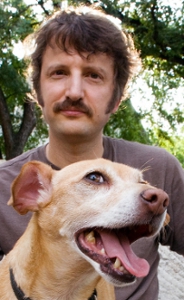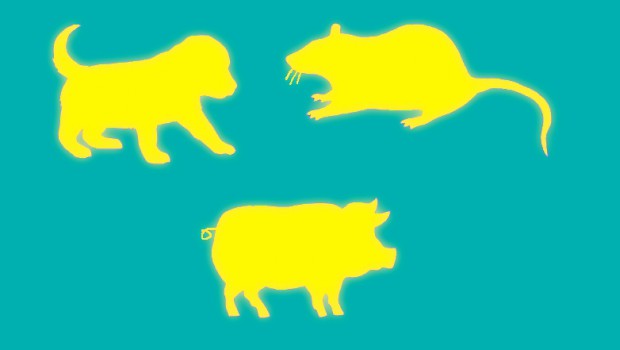Sam Gosling is a psychologist based at the University of Texas at Austin in the USA.
His research interests include social perception, new methods of data collection online and cross-species work, where he examines how animals can inform theories of personality and social psychology.
We talked with Sam about how science can help us measure animal personality traits (non-human) across a number of species, including hyenas, dogs, and even invertebrates, like squid.
Podcast
Publications

Gosling, S. D., & John, O. P. (1999). Personality dimensions in nonhuman animals a cross-species review. Current Directions in Psychological Science,8(3), 69-75.
Gosling, S. D. (2001). From mice to men: what can we learn about personality from animal research?. Psychological bulletin, 127(1), 45.
Gosling, S. D., & Vazire, S. (2002). Are we barking up the right tree? Evaluating a comparative approach to personality. Journal of Research in Personality,36(6), 607-614.
Gosling, S. D. (2008). Personality in Non‐human Animals. Social and Personality Psychology Compass, 2(2), 985-1001.
Sinn, D. L., Gosling, S. D., & Hilliard, S. (2010). Personality and performance in military working dogs: Reliability and predictive validity of behavioral tests. Applied Animal Behaviour Science, 127(1), 51-65.
Links
Gosling Lab at the University of Texas, Austin
Top image via Flickr/malingering



